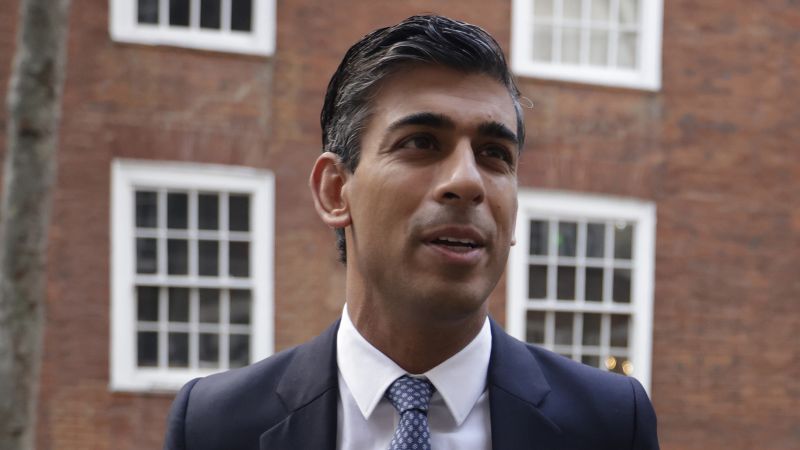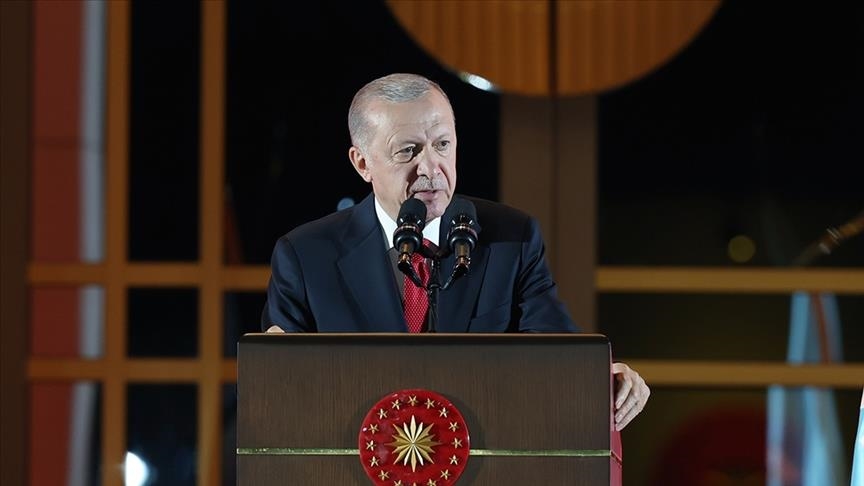Iraqi scenario
President George W. Bush has concluded the Saddam question that was left to him by his father and occupied Iraq for obvious reasons. While the region and Iraq breathed a sigh of relief when Saddam, who ruled Iraq with an iron fist for years, was toppled, things did not turn as expected.
President Bush incurred the wrath of the world by initiating the Iraq operation in which he utilized the opportunities presented by being the world’s only superpower and went along with the war. Bush, who was supported by Britain and some other courtiers, faces quite a quandary in Iraq. Meanwhile, the reasons behind this military operation are slowing surfacing and forcing people to think about the alternatives. With the failure to find the weapons of mass destruction and the lack of any evidence that Iraq was associated with al Qaeda, the reasons behind this war became even more apparent… Iraq’s occupation, which has begun to cloud the successes Bush has achieved within the United States, has jeopardized his re-election chances. Security is still lacking in Iraq. Hundreds die everyday in Iraq. The United States has lost more than a thousand soldiers — and the death toll continues to rise. Families everywhere are mourning their loss. Iraq is even being described as a second Vietnam by some.
Iraq’s occupation, which caused a rise in oil prices, will continue to be debated in the future.
While there have been advances in the economy, education and health as part of Iraq’s reconstruction process, social change in the short or medium term seems highly unlikely. How long will this go on? Bush has a very hard task awaiting him at a time when the conflict continues to take a daily toll and even a population census is impossible to carry out. The Arab and Muslim public have begun to see Bush in a very unfavorable light.
If one adds the Israeli-Palestinian issue to the current climate in the Middle East, it is almost certain that instability will continue. When one considers U.S. objectives in the region and in Iraq, this instability appears like it will continue in the foreseeable future.
Turkey, which has had close economic, historical and strategic relations with Iraq, is not active in the country due to the policies it has implemented in the past few years. Turkey’s failure to cooperate with the United States has resulted in it missing this great Iraq opportunity. In other words, the mistakes committed during deployment have not yet been corrected. Bush, who was forced to occupy Iraq, needs to learn some lessons from what has happened in Iraq. The American people will surely assess the matter at the November elections. It appears the occupation of Iraq was not for a barrel of oil. The plan proposed in the beginning has encountered certain deviations and subsequently changed course.
All these matters create problems for the United States and force it to consider alternative precautionary measures. In short, plans have gone awry. The implementation of the new measures has been postponed until after the November elections and this will create new opportunities for the resistance movement in Iraq. It has once again been proved that post-occupation is a much harder process than the occupation itself.



